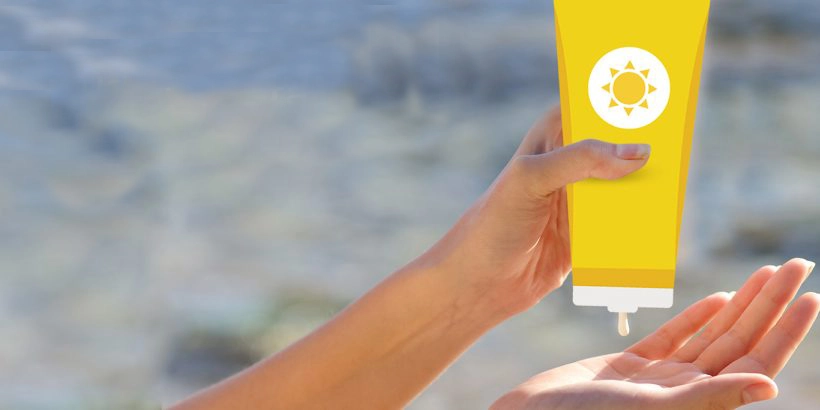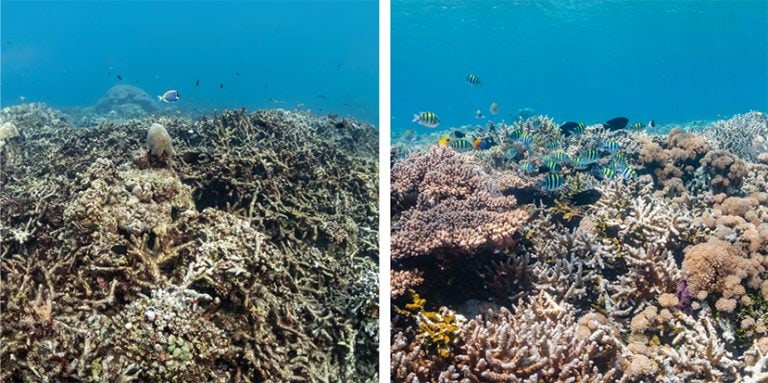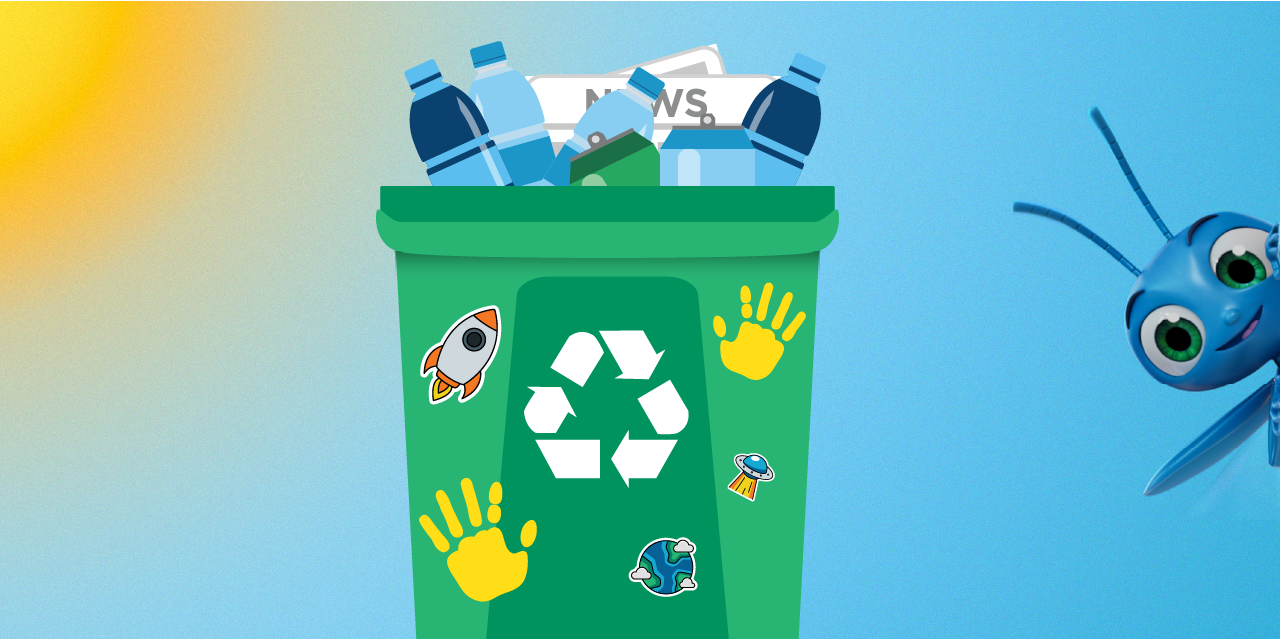Green Mountain Energy® Blog
Make Smart, Sustainable Sunscreen Choices



For many, summer weather means time spent at the beach.
But as scientists research the human impact on our coastlines, they have discovered a lasting effect from something many of us consider harmless — our sunscreen.
Sunscreen is actually a major pollutant to our oceans. It’s estimated that roughly 14,000 tons of sunscreen washes into our oceans annually. Two chemicals found in sunscreen, oxybenzone and octinoxate, help block harmful UV rays, which make them great for our use. But for ocean life, they can have drastic consequences.
These two chemicals can cause deformations in coral colony growth and increase the potential for coral bleaching. Coral bleaching occurs when coral reefs expel the algae living in their tissues, leaving the coral bare and causing it to look white. While coral colonies can survive a bleaching event, it can also dramatically impact the health of the reef and the wildlife that depends on the reef for protection or food.
Speaking of food, Dr. Craig Downs, a leading marine biologist studying the impact of sunscreen in our oceans, has noted that sunscreen can lead to cancer and deformities in fish — yes, even the fish we eat. This means that as we use these toxic sunscreens, we’re in fact putting ourselves at risk by unintentionally washing these chemicals into our waterways and then consuming seafood that’s sickened and deformed by them.



So what can you do? Make a change to your sunscreen habits — here are three great ways to get started.
1) Buy reef-safe sunscreen.
Do some research to find alternative sunscreen options that carry the Protect Land + Sea Seal. This indicates they were created without oxybenzone and octinoxate and can be used without posing a threat to our marine life.
2) Skip aerosols.
Be sure you’re avoiding aerosol sprays. These often disperse residue out into the air that very quickly washes into the water — they’re a less effective way to put on sunscreen that inadvertently hurts our ocean life too.
3) Wear UV protection.
From rash guards to hats to water shoes, you can find clothing options that have UV protection built right in. Wearing clothing with UV protection allows you to use sunscreen only where you really need it.
How else are you doing your part for our oceans? Or trying to live more consciously? Let us know on social or share your thoughts below.
Find a renewable energy plan that helps your home go green.
Enter your ZIP code to get started.
Our customers have avoided
pounds of CO2
That’s like planting
new trees.





